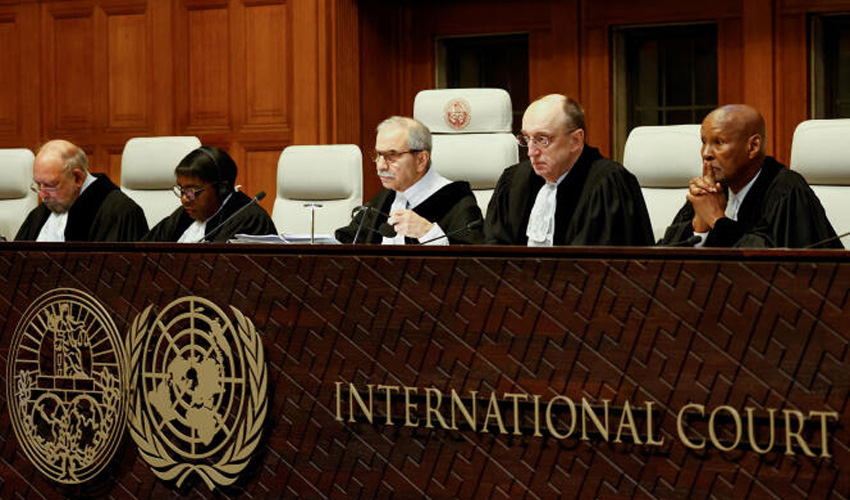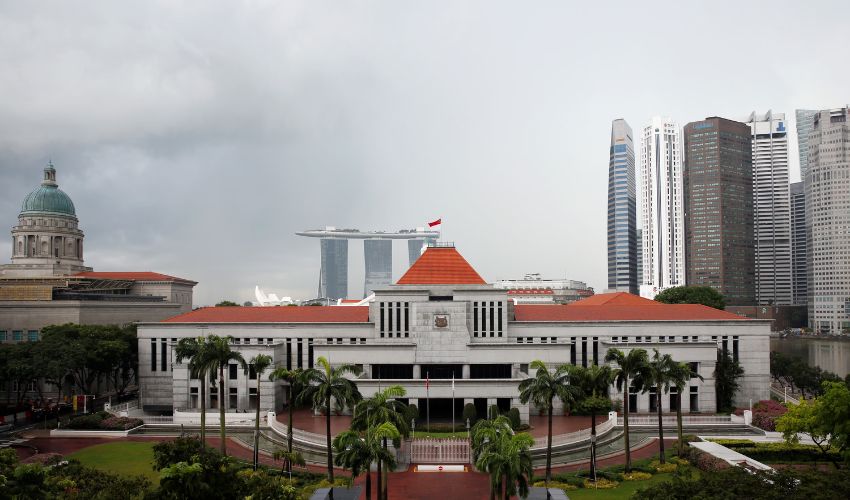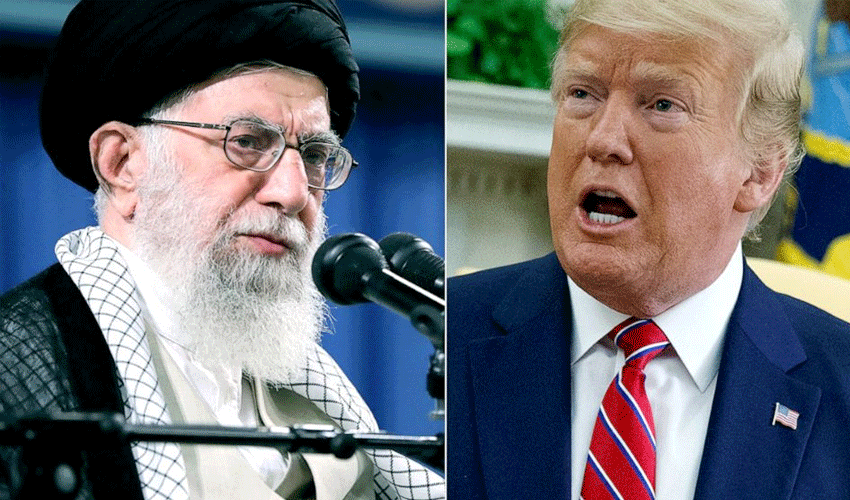Cairo has announced its decision to formally join South Africa's legal challenge against Israel at the International Court of Justice (ICJ), citing Israel's escalating attacks on civilians in Gaza as the primary motivation behind its move.
The Egyptian Ministry of Foreign Affairs released a statement on Sunday, indicating Egypt's intention to join the case against Israel, which accuses the country of violating its obligations under the Genocide Convention in its actions against the Gaza Strip.
Egypt's decision to join the case comes amidst mounting international concern over the severity and extent of Israeli aggression against Palestinian civilians in Gaza. The statement issued by the Egyptian ministry highlighted the deliberate targeting of civilians, the destruction of vital infrastructure, and the displacement of Palestinians as key factors prompting Cairo's involvement.
South Africa initially initiated the case against Israel in January, accusing the nation of perpetrating genocide against Palestinians in Gaza. The death toll from Israel's military campaign in Gaza, which commenced in October, has surpassed 35,000, with a significant number of casualties reported among women and children, according to Palestinian authorities.
The ICJ, headquartered in The Hague, issued an interim ruling in January, acknowledging the plausible risk of genocide in Gaza and instructing Israel to undertake provisional measures to prevent genocidal acts. However, a subsequent application by South Africa for emergency measures in March was rejected by the court.
Egypt's decision to join the legal proceedings against Israel aligns it with Turkey and Colombia, both of which have formally expressed their intent to participate in the case. Turkey announced its intention to join following a request from Colombia to ensure the safety and existence of the Palestinian people.
In response to Egypt's decision, Israel reiterated its stance that its actions in Gaza are in accordance with international law and criticized the genocide case as baseless. The Israeli government accused South Africa of serving as "the legal arm of Hamas."
The inclusion of Egypt in the legal challenge represents a significant diplomatic setback for Israel, according to Alon Liel, a former director of Israel's Ministry of Foreign Affairs. Liel described Egypt as a cornerstone of Israel's standing in the Middle East, highlighting the importance of Egypt's 1979 peace treaty with Israel in shaping regional relations.
Meanwhile, the ongoing legal developments coincide with renewed clashes between Israel and Hamas in northern Gaza and the displacement of tens of thousands of civilians from the southern city of Rafah. The situation has prompted concerns from the international community regarding the humanitarian impact of the conflict on Palestinian civilians.
As the legal proceedings progress, it remains to be seen how Egypt's involvement will impact the dynamics of the case and regional relations in the Middle East.



























